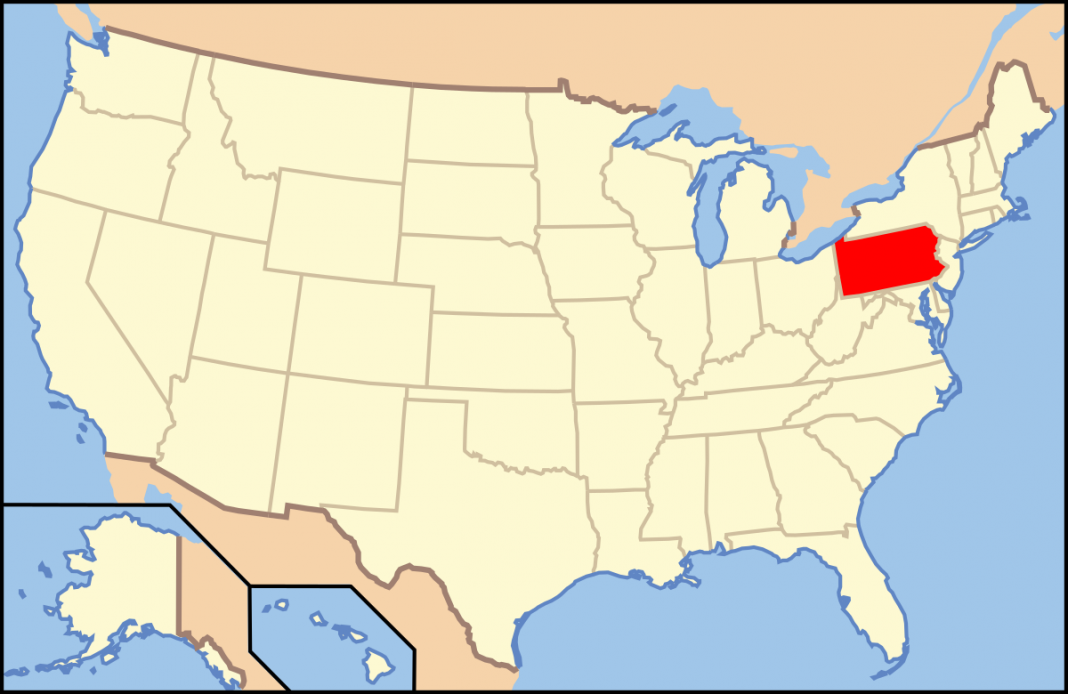Frequently, slip-and-falls cause very serious injuries. In fact, falls are the leading cause of Emergency Room visits in the United States. In general, if you slip and fall away from home, whether you are in a public or private place, you might be entitled to compensation.

This compensation usually includes money for economic losses, such as medical bills, and noneconomic losses, such as pain and suffering.
Pre-Existing Conditions
A pre-existing condition could increase the risk of a fall or the severity of an injury. Normally, these conditions are age related.
Gait disorders are a good example of a risk-augmenting pre-existing condition. Many older people shuffle their feet when they walk. Alzheimer’s Disease and some other illnesses also cause gait disorders. Normally, when people stumble slightly, they can recover their balance. But when a person with a gait disorder stumbles, even slightly, the person normally falls.
As for injury severity, many older White and Asian women suffer from osteoporosis. Bone cells are organic matter. They form, mature, and die. As we get older, the formation and maturation process slows, but the cell dying process does not. As a result, these individuals could lose a significant percentage of their bone mass. If that happens, a minor fall could cause a serious injury.
Typically, a Philadelphia personal injury attorney can still obtain maximum compensation in these situations. Generally, insurance companies cannot use a victim’s vulnerabilities, including a pre-existing condition, as an excuse to reduce or deny compensation.
Duty of Care
Legally, a negligence case usually begins with the duty of care. In the Keystone State, a property owner’s duty of care usually varies according to the relationship between the victim and owner, as follows:
- Trespasser: This unfriendly term doesn’t necessarily imply malice. Instead, a trespasser is any victim who has no permission to be on the property and whose presence doesn’t in any way benefit the owner. Usually, owners have no duty in these situations. Reports of injured burglars who fell and sued homeowners are mostly urban myths.
- Licensee: A few victims fall into this in-between category. A person like a child who cuts across a parking lot on the way to school is a licensee. The victim has indirect permission to be on the property, but the owner doesn’t benefit. Usually, owners must warn licensees about latent (hidden) defects.
- Invitee: Most fall injury victims are invitees in Pennsylvania. This label applies if the victim had direct or indirect permission to be on the land, and the owner received an economic or noneconomic benefit. Because of that benefit, and because the relationship is so close, the owner has a duty of reasonable care in these situations.
The duty of reasonable care involves a responsibility to make the store, home, or other property reasonably safe. Furthermore, the owner must conduct frequent safety inspections.
A few states have eliminated this three-part classification systems. But most states employ some variation of this common-law classification system.
Knowledge of Hazard
If a theoretical legal responsibility is the beginning of a claim for damages, knowledge of the hazard is usually the end. Victims must prove actual knowledge or constructive knowledge (should have known) by a preponderance of the evidence (more likely than not).
A preponderance of the evidence is the lowest standard of proof in Pennsylvania law. This same standard of evidence usually applies in other states as well.
Actual knowledge claims are rather straightforward. Someone must tell the owner, or owner’s employee, about the fall hazard. These smoking guns, like restroom cleaning reports, are somewhat rare.
Much more commonly, a Philadelphia personal injury attorney must use the time-notice rule to establish constructive knowledge. To unpack all this stuff, let’s look at an example.
Assume Phillip is in a grocery store’s produce section. He slips and falls on a piece of lettuce. If the lettuce is crisp and wet, it probably just fell on the floor (time), so more likely than not, an employee didn’t know it was there (notice). But if the piece of lettuce was dry and wilted, the opposite is most likely true, so the owner could be liable for Phillip’s damages.
These damages do not punish the owner for the fall. After all, the fall hazard was a mistake. But we are all responsible for the mistakes we make, and in this context, that responsibility includes paying compensation for damages.
